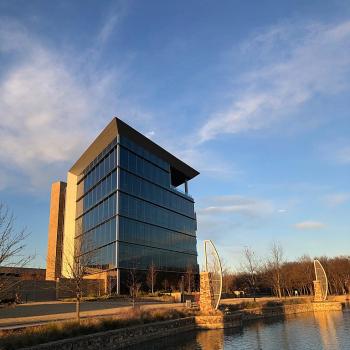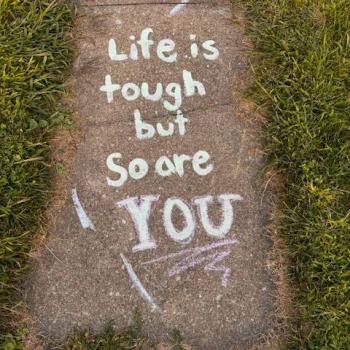I am not directly affected by the storm on the East Coast of the U.S. There are those who live in the area affected but who were able to escape the damage and injury that the storm inflicted on many. What can we who have been fortunate do?
A few people can make a genuine contribution through action: first responders, doctors, Red Cross workers, the National Guard, etc. But most of us cannot do something helpful and needed, and will only be in the way if we try.
For us, the first answer is: give money. Make a donation to the Red Cross or other recognized charity. Give money so charities can buy whatever supplies they need to help those who have been affected.
That's also the second answer.
The final answer, one that is inseparable from the other two, is pray for them.
But pray also for those in parts of the world we don't relate to so immediately, or from cultures and races we aren't familiar with, or in disasters we haven't heard of and may never hear of. And give money for them too. Now and after the emergencies in the eastern U.S. are over.
It is easier to give when we see pictures of disaster or when our heartstrings are tugged by someone forlorn. It is easy to understand the psychology of our reaction: seeing pain or suffering we want to alleviate it, and the closer the person suffering is to us, either spatially or in a relationship, the more our desire to help. But understanding why we are more prone to help our own doesn't relieve us of the responsibility to also help those who are not ours.
There are always people in need. We cannot escape our obligation to help them, even when we do not know who or where they are, or why they suffer. If we have received God's grace, we must share it. Not to share it would be to receive it ungratefully.
If we recognize God's gracious spiritual and material mercies to us, then we will be conduits of those mercies, allowing his abundant love to flow into the rest of the world through us in prayer and money.
12/2/2022 9:09:22 PM





